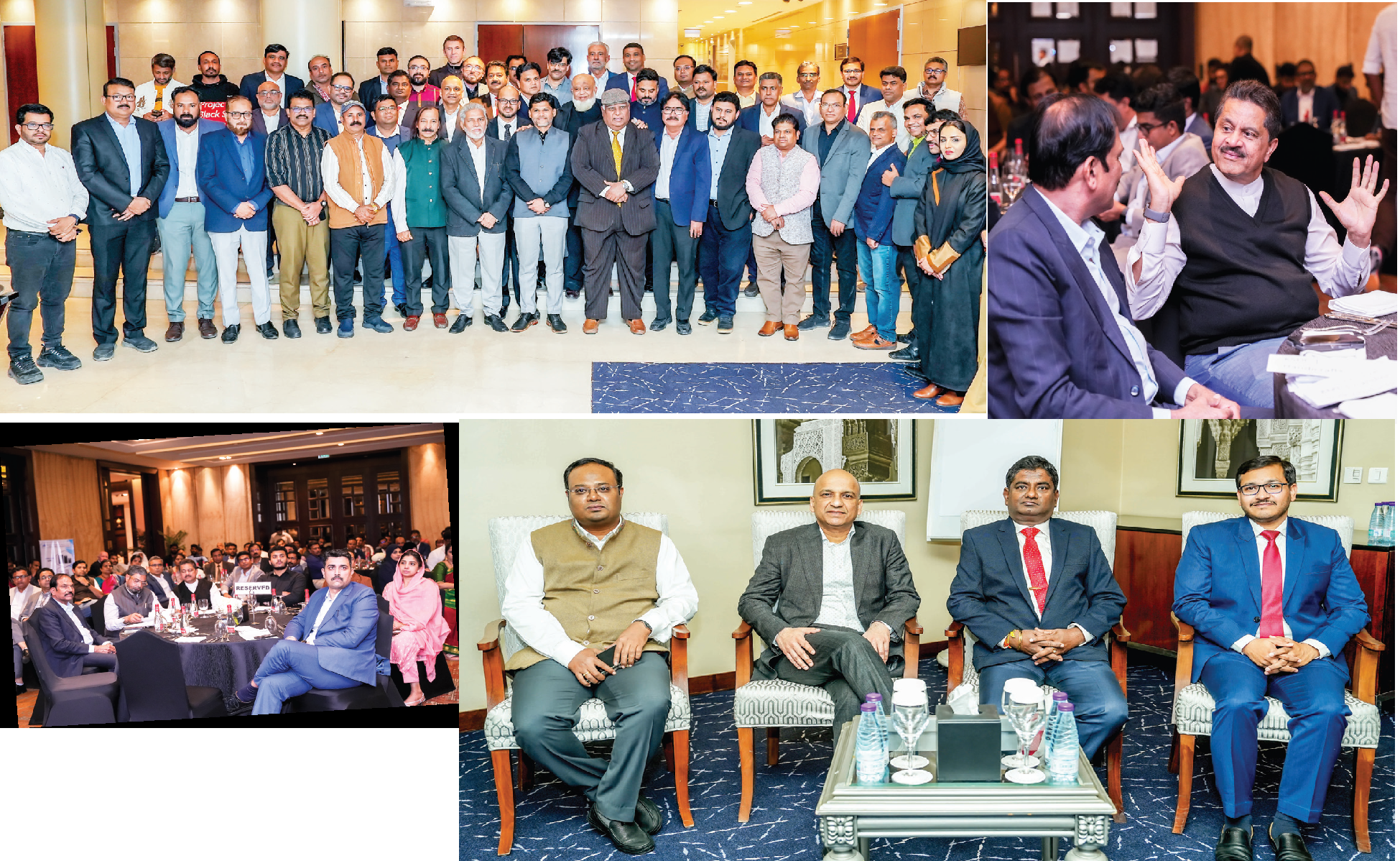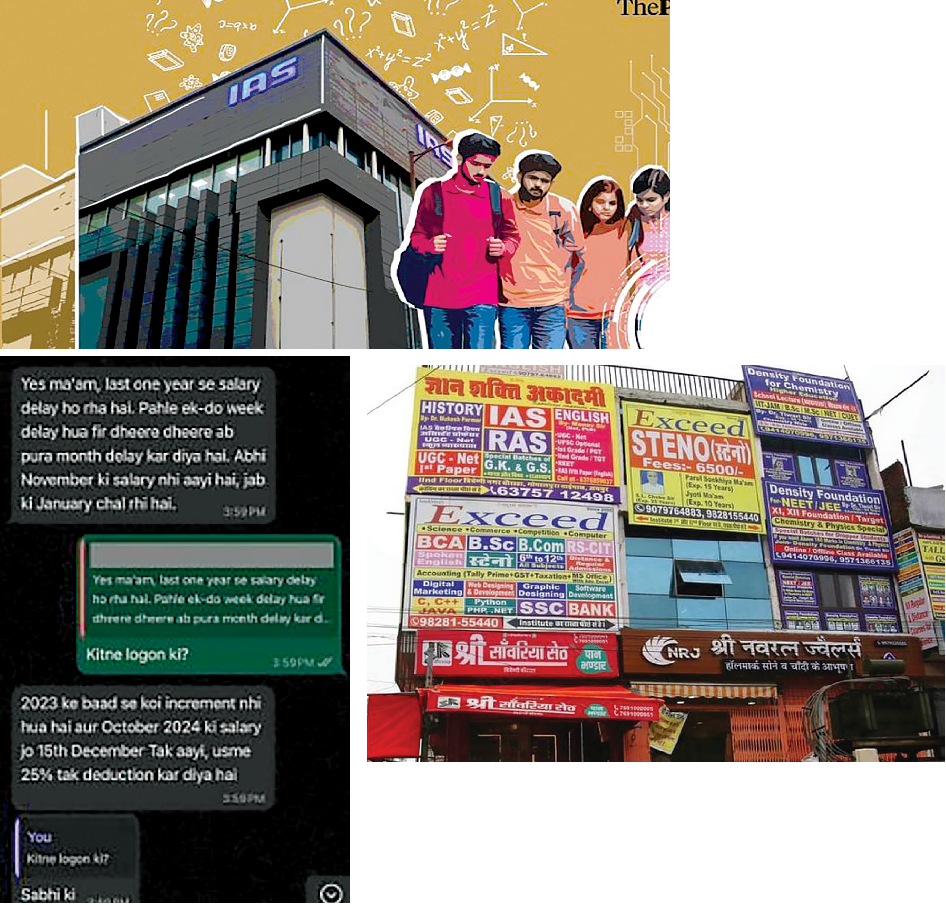
Moral vigilance: economic privilege many can’t afford
Rachana Ramesh
S ince namma metro started in Bengaluru, the commute arteries of our bustling city have been seeing people of all ages going about their business like any other public space. Old men catching the train to take a long stroll in Cubbon park, middle-aged working women going back home after a long day with two bags – one of their official documents and the other of lunch, school kids looking out the cuboidal windows in awe are a common sight. College going couples are not hard to spot either.
Aparna, 20 and her boyfriend of the same age, were taking the metro home. “We were in the general compartment, he was standing in front of me and we were just talking. We weren’t standing very close either and were talking pretty loudly too, if we had something to hide we would have been whispering,” says Aparna. The metro is one of the few places where the highschool sweethearts get to spend time with each other since they are pursuing different degrees at colleges separated by miles.
“There was a woman in front of us but we didn’t realise she was staring at us until three-four stations later. She pulled out her phone and started to record us. She started to shout and the whole compartment shifted their attention to us. ‘Get a room’ she said, along with a quiz– would you stand like this, would you be like this if your parents were around? She questioned my shame,” Aparna continued.
While her boyfriend found the happening hilarious, Aparna was genuinely scared. Once he sensed her being terrified, he held her hand. “She was not receiving any support from the other folks so she took another route to create commotion. She asked me if I was from Karnataka and if I knew Kannada. When the answer was no, the anger rose. “Look at this girl who doesn’t know Kannada. Look at what she is wearing with a boy and holding hands,” she complained to the others,” recalls a irate Aparna.
Fast forward to now, Aparna is nervous when she travels in any public transport regardless of with whom she is. Along with this feeling of anxiousness, she thinks twice before choosing her outfit for the day.
Women out in public are assumed to have a purpose to be out. However, the purpose can never be pleasure – to just wander around, sit on a bench in the park and read aloud or hangout with a boyfriend. All this would amount to loitering in Indian society. Women who go out with boyfriends or even male companions challenge the ideas of public and private activities, along with the stereotypical view of their own role in society. Their identities are often questioned.
This was quite a while back when Faraz had taken his fiance, Haseena, on his ‘haule haule’, a beloved blue vintage Chetak, which he still owns and is rusting away in the compounds of his house, to pay for the open university examination fees of his post graduation. “We were already engaged but it did not make any difference to the authorities,” says Faraz, 50, recalling an incident of moral policing that he went through. “We were sitting on the grounds in the campus. I had my hand over her shoulders and felt a pat on the back,” he continues.
The cops showed up out of the blue and cross-questioned the couple who were simply minding their business, deep in conversation after a long gap without a meet and greet. “They demanded to call our parents but I did not want the situation to escalate and tried to talk it out. They now demanded money, which I had a pocketful of since I had just been back from a business trip abroad, so I slowly put my wallet into Haseena’s to avoid frisking and further inquiry,” he adds. Haseena then pulled out Rs.200 from her purse and handed it to the police as a bribe. “You can hang around with a woman but can’t earn money?,” the cops said in an atempt to demean Faraz. Little understanding the irony of a public official taking money from the public in lieu of leaving them in peace.
Couples may not always tell their families or friends where they are going, but it is not secret that they have their own romantic hideaways. Greater female mobility, sexual permisiveness in movies and advertisements, the decline of arranged marriages, and rise in premartial sex all indicate that India’s social mores are shanging. But these changes have not gone unopposed. Moral policing is not anything new in the nation. A congratulatory hug to a friend belonging to the opposite sex, may get you expelled from school. If you share a bench with another, your parents may be summoned. A day out at the beach with a friend on Valentine’s Day and you may not be alive for the next one.
Moral policing has been causing much controversy across India, with people and police acting on their own initiative. The you
 English daily published in Bengaluru & Doha
English daily published in Bengaluru & Doha






